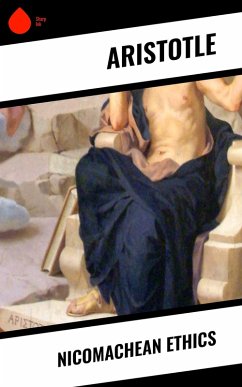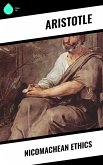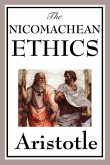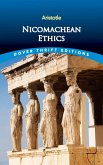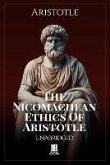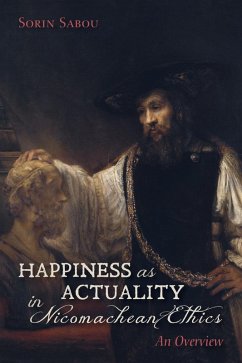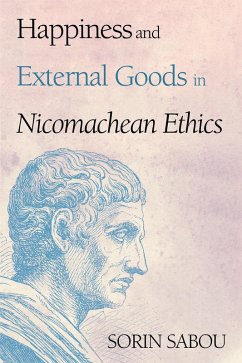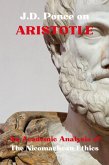Aristotle's "Nicomachean Ethics" stands as a foundational text in the realm of Western philosophical thought, intricately exploring the nature of human happiness and the moral virtues necessary to achieve it. In this seminal work, written in a clear and engaging style, Aristotle delineates his conception of the 'good life,' emphasizing the importance of virtue as a balance between extremes, or the doctrine of the mean. He adeptly weaves together ethical theory with practical guidance, addressing the notion of eudaimonia and the role of character, thereby situating ethics within the broader context of human flourishing and societal well-being. Aristotle, a towering figure of ancient philosophy, was a student of Plato and later became the tutor of Alexander the Great. His establishment of the Lyceum in Athens marked a significant shift towards empirical observation and systematic categorization in philosophy and science, shaping his ethical thought. The insights derived from his interactions with various political systems and his focus on the practical application of theory reveal a deep commitment to understanding ethics as a lived experience, rather than merely a theoretical construct. "Nicomachean Ethics" is not just a historical artifact; it remains profoundly relevant today, offering timeless wisdom on personal and communal ethics. Readers seeking to deepen their understanding of moral philosophy will find Aristotle's reflections on character, virtue, and the quest for happiness not only enlightening but essential for achieving a meaningful life in contemporary society.
Dieser Download kann aus rechtlichen Gründen nur mit Rechnungsadresse in A, B, BG, CY, CZ, D, DK, EW, E, FIN, F, GR, HR, H, IRL, I, LT, L, LR, M, NL, PL, P, R, S, SLO, SK ausgeliefert werden.

